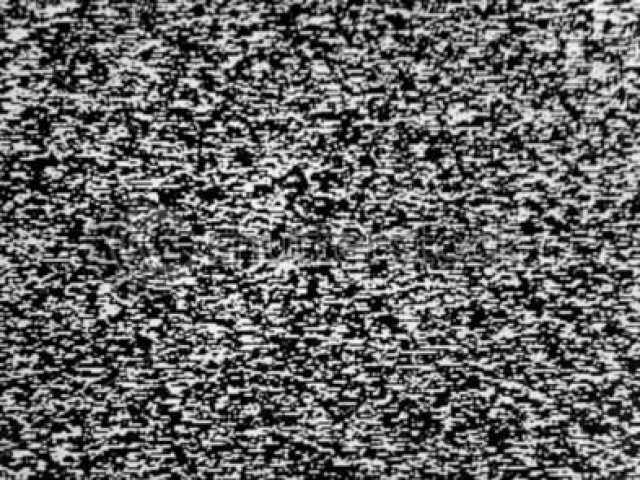We owe it to ourselves
There is a larger factory of emotional splurge asking the government and the army to take revenge against America.

As Pakistan embarks upon an inquiry into the Abbottabad operation, the intent should be to determine the nature of this support system about which the ISI had informed the CIA in 2009.
US National Security Adviser Tom Donilon went further in Washington’s efforts not to rubbish Pakistan the way it is being done in America’s large opinion market: ‘More terrorists and extremists have been captured or killed [through Pakistani cooperation] in Pakistan than anyplace else’. There is no doubt that sane voices under the Obama administration have not ignored the importance of Pakistan as a pivotal partner in the world’s war against terrorism.
In Pakistan, there is a larger factory of emotional splurge asking the government and the army to take revenge against America for the operation in Abbottabad. Television channels are busy churning up the most reckless aspects of Pakistani nationalism whose requirements cannot be met without going to war. It is difficult to say whether the channels reflect what the people of Pakistan think or are simply moulding the public opinion in a grand but unthinking act of brainwashing which will cause more regret after the fact. The staple of this brainwashing, assisted by retired army officers, including a retired ISI chief, is that Osama could have been killed in effigy to cause rifts inside Pakistan to destroy its security.
Domestic political bias is undermining what is put forward as national interest. The networks are talking of revisiting the NRO to see if the PPP had signed away more of Pakistan’s sovereignty to the US than is apparent. The call for the resignation of President Asif Zardari and the PPP government is echoing in all living rooms; but, more ominously, there is also the unfortunate demand for the resignation of the army chief and the chief of the ISI.
The extremist outbursts on television channels should not, however, incline us not to think of reforming a system that has been lurching through the 1990s and is now dysfunctional in 2011. On one channel, when a journalist began to describe how Pakistan’s failures have emanated from the army’s control of external and internal policies, he was prevented from completing his statement. But the English-language press on May 8, 2011, did carry at least five articles either suggesting that the army’s extended remit should be curtailed or recommending that it change its current posture of unrealistic defiance in foreign policy. That the Urdu-language press was less outspoken confirms that whereas the English media scrutinises the functioning of the state, the Urdu side scrutinises the state of Pakistani nationalism.
In most states, the army is a part of the paraphernalia of the state’s nationalism, but it is never given control of the state so that under democracy moderate rather than extreme policy decisions are taken in crises. Pakistan has suffered because of the paramountcy of the army in the power structure of the country. In the past, wrong decisions by army commanders, followed loyally by political parties midwifed by the army, have brought damage in their wake, the last one being the infamous Kargil Operation. Let the army leadership beware the hubris of aggression and step back from its hurriedly put together enunciations of ‘ghairat’ versus ‘welfare’ and take the position allowed it by the constitution. We owe it to ourselves to investigate honestly what happened in Abbottabad five years ago. We know that Osama is a cult figure in Pakistan; we know that his creed is largely embraced by the people living under the influence of the clergy; and we know that a policeman can kill a governor because he believes in the religious aggression propagated by al Qaeda more than in law. But we must know the truth to be able to carry out the self-correction we direly need.
Published in The Express Tribune, May 10th, 2011.















COMMENTS
Comments are moderated and generally will be posted if they are on-topic and not abusive.
For more information, please see our Comments FAQ